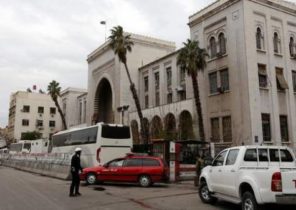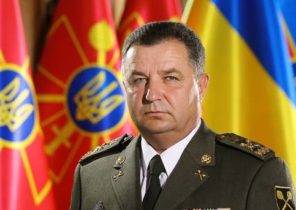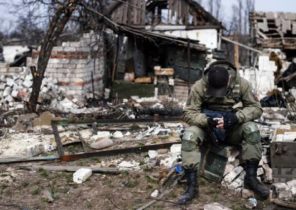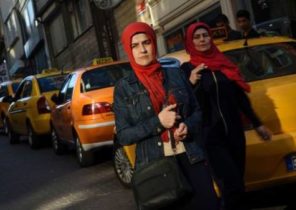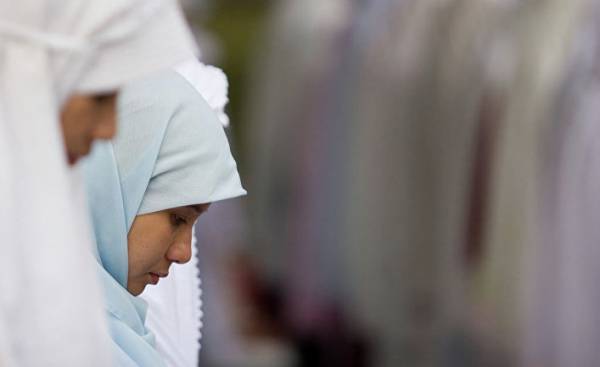
Jalil Buriev went from Uzbekistan to Russia 20 years ago, when he was only 18. At first he worked as a logger in Khakassia and well earned. Four years after leaving, he returned home and married to Sanobar, a girl from his village in Kashkadarya region in the South-East of Uzbekistan. After obtaining a family Buriev continued to spend most of their time in Khakassia, where 10 years later he married a local woman named Ilona. Sanobar, which with him had two daughters, had consented to the second marriage of her husband.
“What could I do? My husband worked there for 20 years, and comes home only once in two years. Never thought he would betray me like that. I went to the Imam for advice. He said that if a man is able to contain two families, it is entitled to take a second wife,” said Sanobar. Earlier this year, Buriev returned to his native village with his Khakass wife and their six year old daughter. “I decided to introduce Ilona with her parents and, of course, Sanobar. My wife found a common language, and Sanobar took my Russian daughter like her,” he said. Ilona, at first afraid to go to Uzbekistan, but then succumbed to the urgent persuasion of her husband’s relatives. “Anxiety and fear were gone when I met Sanobar and her husband’s parents. Before marriage I converted to Islam and started to learn the Uzbek language. Jalil is a very caring husband. He doesn’t drink, and earns good money. We have a big house in Abakan and I’m happy,” said Ilona.
Unlike burieva, Nodir of Safarov not in a hurry to tell about the house they wound up in Kazakhstan for the second family. Nodira 31 years old and he is from Namangan, in the Fergana valley, differing conservative views. In Namangan his wife and son. Eight years ago he opened Uzbek bakery in the commercial capital of Kazakhstan, Alma-ATA. Caring about the development of its business, he spent in the bakery a lot of time and became less likely to drive home.
“Once in Alma-ATA, I met Sabine. She’s a hairdresser next to our bakery. She is a Uigur. At first we were friends, and then decided to get married, committing the Islamic [marriage] ceremony nikah,” said Safarov.
But, as explained Safarov, if the first wife finds out, he will be forced to immediately return home, so he now keeps his second marriage a secret.
Unlike these two men, 34-year-old Aziz Nurullayev, working as a taxi driver in Moscow really wants to forget about his wife and daughter in Uzbekistan. He married a Russian woman with whom he had two sons, and did not return to Uzbekistan for five years. Nurullayev refused to tell the details of his story, but said he is determined to stay in Russia forever.
Similar examples of polygamy among labour migrants can be found in almost every town and village of Uzbekistan. However, this question is almost never mentioned in local media.
But then, a few weeks ago, the President Shavkat Mirziyoev has publicly stated the need for new legislation to combat polygamy. The object of his discontent, apparently, were members of the clergy, which, according to him, condone this practice. “To put an end to this lawlessness, we are preparing the bill, said Mirziyoev June 19. — Any Mullah who will perform the ritual of nikah without any witness or documents from the Registrar’s office, will be punished.”
About this issue, not to say aloud, but local authorities regularly besieged by women demanding that the government somehow forced their husbands or to return home, or, at least, to provide financial assistance to the family. The life of a single mother in Uzbekistan, sad and heavy.
“Of course, the local district administration and women’s committees are trying to help these women. However, often the wives of the migrants are forced to accept the situation, but only provided that men will provide some financial support for the child,” said Muhabbat Nusratov, member of the local district Council in Kashkadarya region.
Sergey Abashin, living in Saint-Petersburg, the expert on Central Asia, said that it is almost impossible to determine the extent of polygamy among Uzbek migrants.
“It is inevitable. People do not see their families for months and years. Some of them find temporary partners in Russia, which then turn into permanent partners. As for statistics, if such cases occur among, say, at least 0,1% of visitors, we are talking about 1500-2000 people. But for several years the total number of such cases may reach tens of thousands,” he said.
If polygamy was so widespread in Uzbekistan, the responsibility at least partially lies on the religious figures.
The Imam of Kashkadarya region Bobojon Rakhimov said he usually has no objection to this practice.
“If a man can provide for both families, then there is nothing wrong with that. It is also consistent with the traditions of Islam. But if the person who lives abroad, have already broken with the first wife at home, he must declare talaq [the rite of marriage gap]. Or the wife can request three times that the husband had declared talaq. If this does not happen, the woman has the right to remarry”, — said Rakhimov.
If members of the clergy are quite loyal to polygamy, the authorities, at least on paper, are less inclined to show leniency. According to the law, polygamy, or cohabitation with two or more women is punishable by a fine or imprisonment up to three years.
But the problem is that while this law was punished just two people.
In 2012, Yakub Normurodov, head of the local education Department in Surkhandarya region, was convicted of polygamy. And two years earlier for the same offence lost his job the head of the Department of internal Affairs of Gulistan city.
Living in Moscow, blogger and journalist Sahib haitova said that many migrants are Islamic traditions to satisfy carnal urges. And sometimes their goals are much more pragmatic marriage with a Russian citizen and greatly simplifies the process of obtaining documents necessary to stay in the country.
“I’m sure the majority of Uzbek women never would give consent to their husbands started new families in Russia. But when they face such problems, they are forced to independently feed themselves and their children, or to turn to parents for help,” said haitova.
